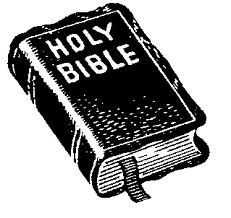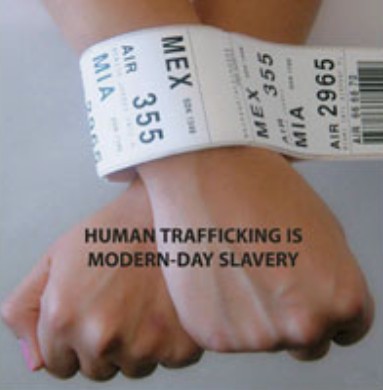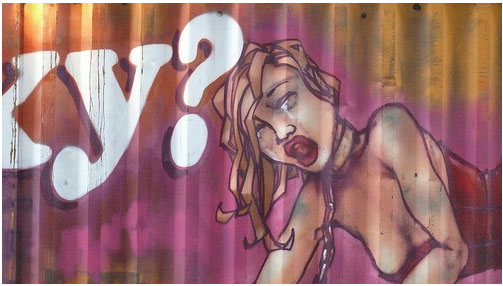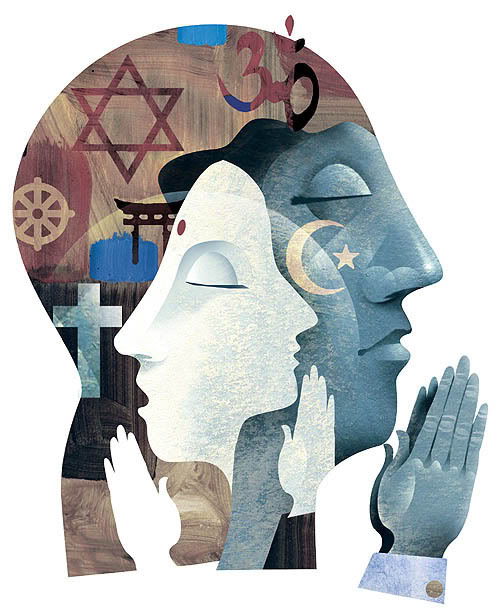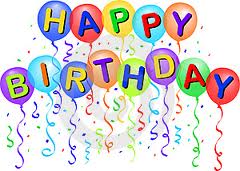The following is part of Chapter 1 of a book entitled Beyond Abuse in the Christian Home: Raising Voices for Change Editors: Catherine Clark Kroeger, Nancy Nason-Clark, Barbara Fisher-Townsend 2008, Wipf and Stock Publishers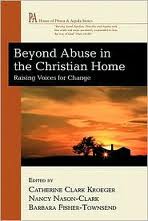
The home in which I grew up was a Christian one. My father is a well respected Presbyterian minister who, many years beyond retirement now, still preaches every Sunday. My mother is a classically trained soloist and former church choir Director who is so well known for her hospitality that a Christian women’s shelter is named in her honor. I was one of five children who practically grew up in churches. It’s no surprise that we are now involved in ministries as diverse as domestic violence, music therapy, inner-city community organizing and children’s performing arts. We are a very close family and my parents are role models for a mutually respectful, affectionate, caring marriage partnership that is rooted in Biblical equality.
I knew or understood nothing about domestic violence while growing up. Even later, when I was in the midst of it myself, I had no name for the chaos and misery in my marriage. No one from whom I sought support – from the numerous ministers to professional marriage counselors, from mental health professionals to concerned church friends – ever actually called it ‘domestic violence’, so of course I never considered myself a battered woman. While my supporters were very kind and caring, they were untrained and essentially ignorant about the issue of partner violence. Instead, the focus of their attention while intervening was either on repairing my fractured marriage or addressing my husband’s personal problems. Neither the impact that his extreme behavior was having on me or his potential for physical violence was ever discussed. As a result, I was in the dark regarding the dynamics of domestic violence and the escalation of violence that typically occurs at the point of separation or divorce.
It was not until several months after a dramatic post-separation attack on my father and me that I called a secular community agency for help. I had been plagued by terrifying nightmares and other symptoms of posttraumatic stress. I asked them if could come to their support group for abused women, saying somewhat apologetically, “Look, I know I’m not really a battered woman, but my husband stabbed me when I filed for divorce, so could I please come anyway?” Although our church had rallied around us and supported us every step of the way, it was in that secular domestic violence support group that my healing journey began in earnest. As a result, I have spent considerable time in the intervening years trying to prepare church leaders and communities of faith to help other families that find themselves in similar situations.
I am often asked what I wish pastors had known when I was seeking help during my abusive marriage. I have put quite a lot of thought into that question. While the ignorance of those who intervened probably increased the danger of my situation, I feel great compassion for them. They were sincere and they did try to help. Through no fault of their own they were simply unequipped for the job. The sad truth is that the places where they were educated did nothing to help the students understand or deal with abuse in Christian families. They were never taught what domestic violence is and isn’t, the many myths and misconceptions surrounding it, what the scripture says about it or how best to counsel those experiencing it. Continued here…


